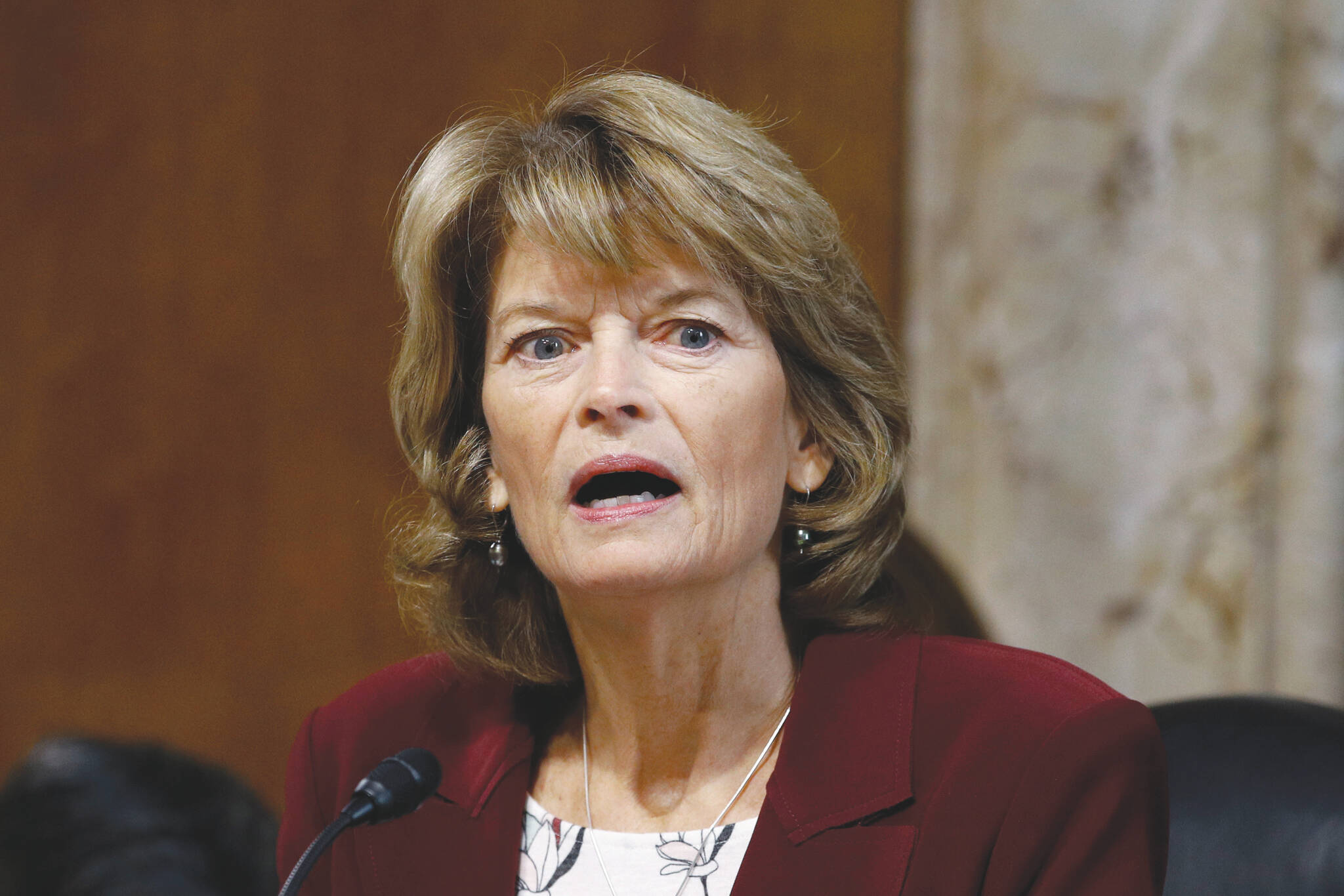By Sen. Lisa Murkowski
Several years ago, the American Society of Civil Engineers gave Alaska’s infrastructure a C-minus grade. Their report reiterated what too many Alaskans know and face every day: our still-young state is deficient in water and wastewater, ports and harbors, marine transportation, energy and power infrastructure, and more. Even in our highest-graded areas – like roads and airports – Alaska still has plenty of room for improvement.
One of the best ways to address these deficiencies is by bringing timely federal funding and assistance back home. That’s where I have placed my focus, and an historic infrastructure bill that will deliver massive benefits to our state is now within reach.
For the past several months, I worked with nine other Senators to reach bipartisan consensus on traditional “core” infrastructure. Our bill will provide an additional $550 billion for these priorities over the next five years without raising taxes. It will increase our standard of living, create jobs and opportunities, and limit the inflation that threatens families and businesses.
I was able to add many provisions to our bipartisan bill that are targeted to help Alaska.
Alaska will receive billions of dollars to build, maintain, and upgrade our roads, railways, and address the more than 140 structurally deficient bridges in our state. To help meet some of our most pressing challenges, we create a set-aside for projects in rural Alaska.
Our bill recognizes that Alaskans often travel by air or water and invests in the lifelines that connect our communities—our Marine Highway System, ferries, ports, and small airports. The funding we receive will facilitate a new program for an essential ferry system and an electric or low-emitting ferry pilot program.
To make Alaska’s lack of water and wastewater infrastructure a thing of the past, we support the EPA’s Alaska Native Village Grant Program so that communities can build and improve their water systems. We also provide funding for Indian Health Services sanitation facilities to ensure our rural communities can finally have in-home running water and sewer service.
Given our increasingly connected world, our bill takes significant steps to bring broadband to high-cost rural areas, through both the Tribal Connectivity Grant Program and another for the construction, improvement, or acquisition of middle-mile infrastructure.
To address the twin challenges of high energy prices and climate change in Alaska, we prioritized energy infrastructure and resilience to help communities build cleaner, more reliable, and more affordable systems. In part, that means funding for my Energy Act, which Congress passed last year to drive innovation in everything from energy storage and renewable energy to carbon capture, grid modernization, and hydrogen.
Another area of emphasis is on rebuilding domestic supply chains. We included the permitting reforms I authored to help reverse our foreign mineral dependence, which we can begin to do by responsibly producing more critical minerals here in Alaska.
Our bipartisan bill also includes my language to ensure the Alaska natural gas pipeline project is eligible for a multi-billion dollar loan guarantee from the Department of Energy. This will help us navigate a crucial sticking point as we seek to commercialize the North Slope’s natural gas.
One more big win is with respect to wildfire preparedness. Significant funding is provided to support mechanical thinning and community wildfire defense grants. Streamlined NEPA permitting is included to build fuel breaks.
The items above are only the start of what our bipartisan bill contains for Alaska. But it’s important to distinguish it from what Congress will soon undertake—a wholly partisan abuse of the budget process that will spend up to $3.5 trillion, impose sweeping tax hikes that hit countless small businesses, and deliberately take economic opportunities away from Alaska. The partisan “reconciliation” process could not be more different from the approach we took on our bipartisan bill, where we focused on closing the distance between parties instead of amplifying it. Our bipartisan bill passed the Senate with nearly 70 votes and drew immense support from the Chamber of Commerce, AFL-CIO, and hundreds of other groups.
The bipartisan infrastructure bill is one of the most consequential legislative efforts I have worked on. It’s good for the nation and will deliver tremendous benefits to Alaska that pay forward for decades to come. This historic measure is now pending in the House of Representatives, where it should be taken up and passed without further delay. Our infrastructure demands it, and Alaskans deserve no less.
Sen. Lisa Murkowski represents Alaska in the U.S. Senate.

